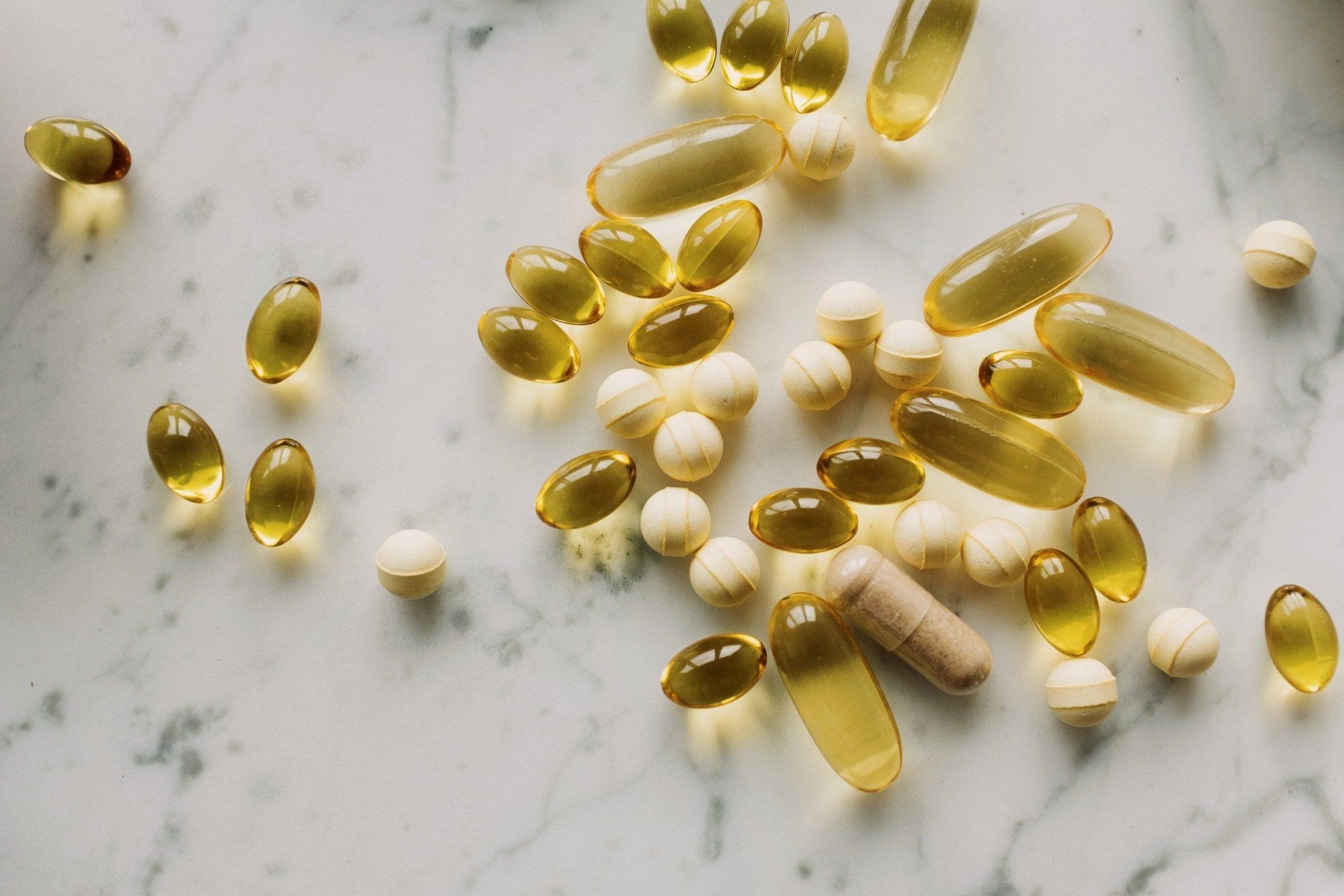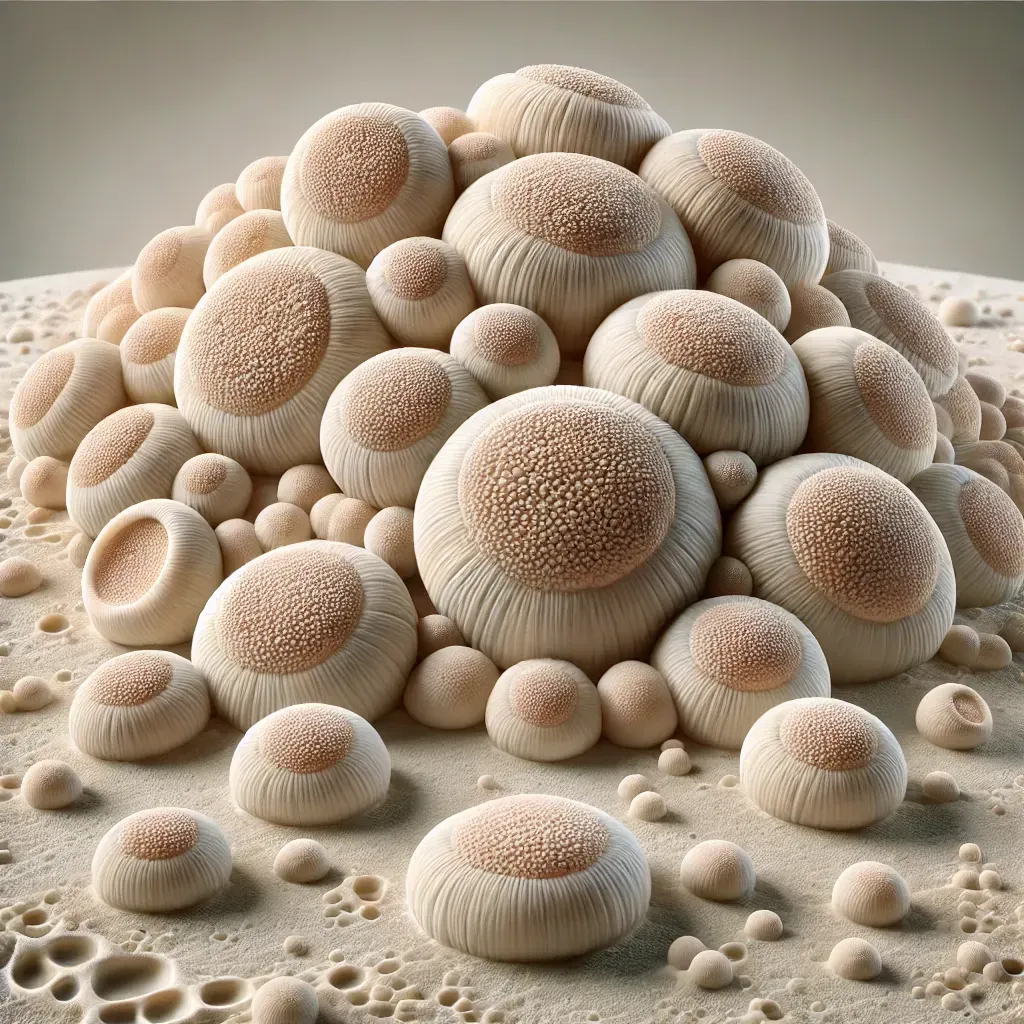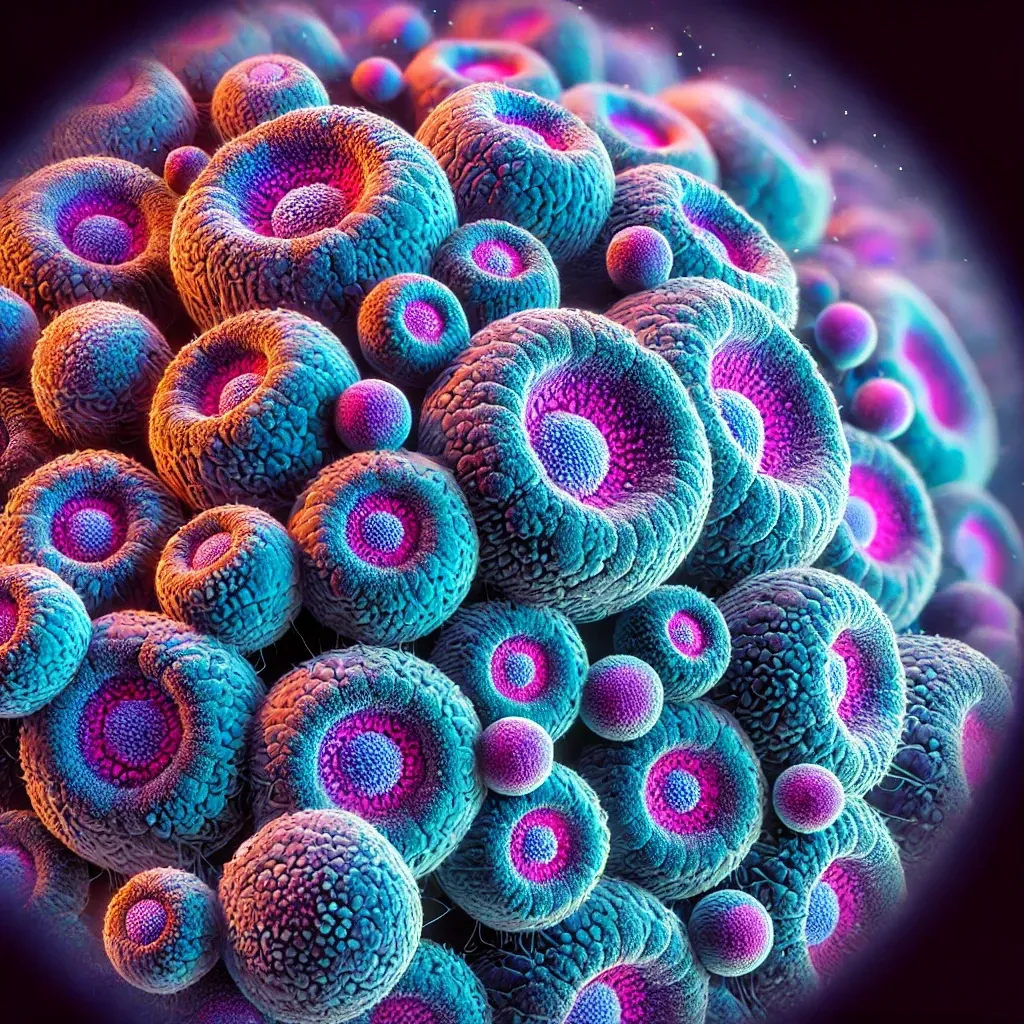Here’s One that Will Put You to Sleep
Okay, I’m only joking with the title. BUT! If you follow the suggestions in this article, you could get an actual good night’s sleep almost every night.
Good night’s sleep, what’s that? Whatever your excuse—too much to do, working late, kids kept you up, had to finish that presentation, binging on the latest Netflix or Hulu series—it’s not a good one. Sleep is essential to your entire being, and almost none of us treat it like we should.
The trusted sources of Fitbit describe the different sleep stages in their app:
REM [Rapid Eye Movement] typically occurs later at night and has been shown to be important for your memory and mood. During this stage, dreams are more vivid, heart rate is elevated and breathing is faster.
Light Sleep – You might not know it, but light sleep is really important! It typically makes up most of your night & promotes mental and physical restoration.
Deep Sleep helps with physical recovery and aspects of memory and learning. If you’re feeling extra refreshed, you likely spent some solid time in this stage.
And isn’t that what we want—to feel “extra refreshed” every day? No more fatigue or feeling tired all the time in mind or body! Let’s talk about the science behind sleep, the “why” sleep helps with memory, mood, restoration, recovery and learning.
Every cell in your body contains mitochondria—the source of energy. Mitochondria converts the oxygen we breathe and nutrients from the food we eat into adenosine triphosphate (ATP). ATP is essentially energy—it’s the reason we function at all!—and it is used to support every function in our bodies.
Research shows that less than seven hours of sleep causes a reduction in mitochondria production [1]. Less sleep equals less energy. Duh, right? Mitochondria is essential to your health, but if you’re body can’t even produce enough of it to keep you going because you’re not getting enough sleep, you’re not doing yourself any favors.
So how do you sleep better? Think of sleep as just another part of your routine—you brush your teeth, you shower, you do your laundry, you clean your living space. That’s all personal hygiene, which is also essential to your health, and most of us don’t have a problem with that. Now you just need to kick your sleep hygiene into gear.
The National Sleep Foundation has some great suggestions on creating better sleep hygiene (and they should know!) [2]:
- Limit daytime naps to 30 minutes
- Avoid stimulants such as caffeine and nicotine close to bedtime
- Exercise to promote good quality sleep (just not too close to bedtime)
- Steer clear of dinners consisting of heavy or rich foods, fatty or fried meals, spicy dishes, citrus fruits and carbonated drinks
- Ensure adequate exposure to natural light during the day
- Establish a regular, relaxing bedtime routine
- Make sure your sleep environment is pleasant
- Turn off electronic blue light emitting devices 60 minutes before bedtime
When you sleep better, you will notice a whole host of improvements. Sleep helps regulate adrenal hormone imbalance and repairs body systems from your brain to your digestive tract [3]. More and better sleep helps every run more smoothly—it’s truly a no brainer.
I get it. It’s hard! We’re busy people with so many distractions. So if you want to give this sleep hygiene thing a try, maybe start by making one change at a time and see how you feel. If you stick to that one change, add another, and another, and soon you will really be able to reap the benefits of a good night’s sleep.
- http://sciencenordic.com/how-poor-sleep-affects-your-body
- https://www.sleepfoundation.org/sleep-topics/sleep-hygiene/page/0/1
- Sleep Tips PDF. Dan Kalish, 2011. www.kalishresearch.com.
Don't Miss Out!

Heidi Toy Functional Medicine Blog

Omega-3 and Omega-6 are considered “essential” fatty acids because they cannot be produced by the body--we get them from the food we eat. They are biologically active upon ingestion, which means the body utilizes them right away and cannot store them up for later. They are essential because they help with both inflammatory and anti-inflammatory responses.

One of the reasons fad diets often fail is because they are not sustainable. The other reason is because they usually harm different systems in the body as much as they are meant to help. As with all health issues, when it comes to diet, everything should be in moderation. The following five diet points all involve TOO much of a “good thing”:




















































































